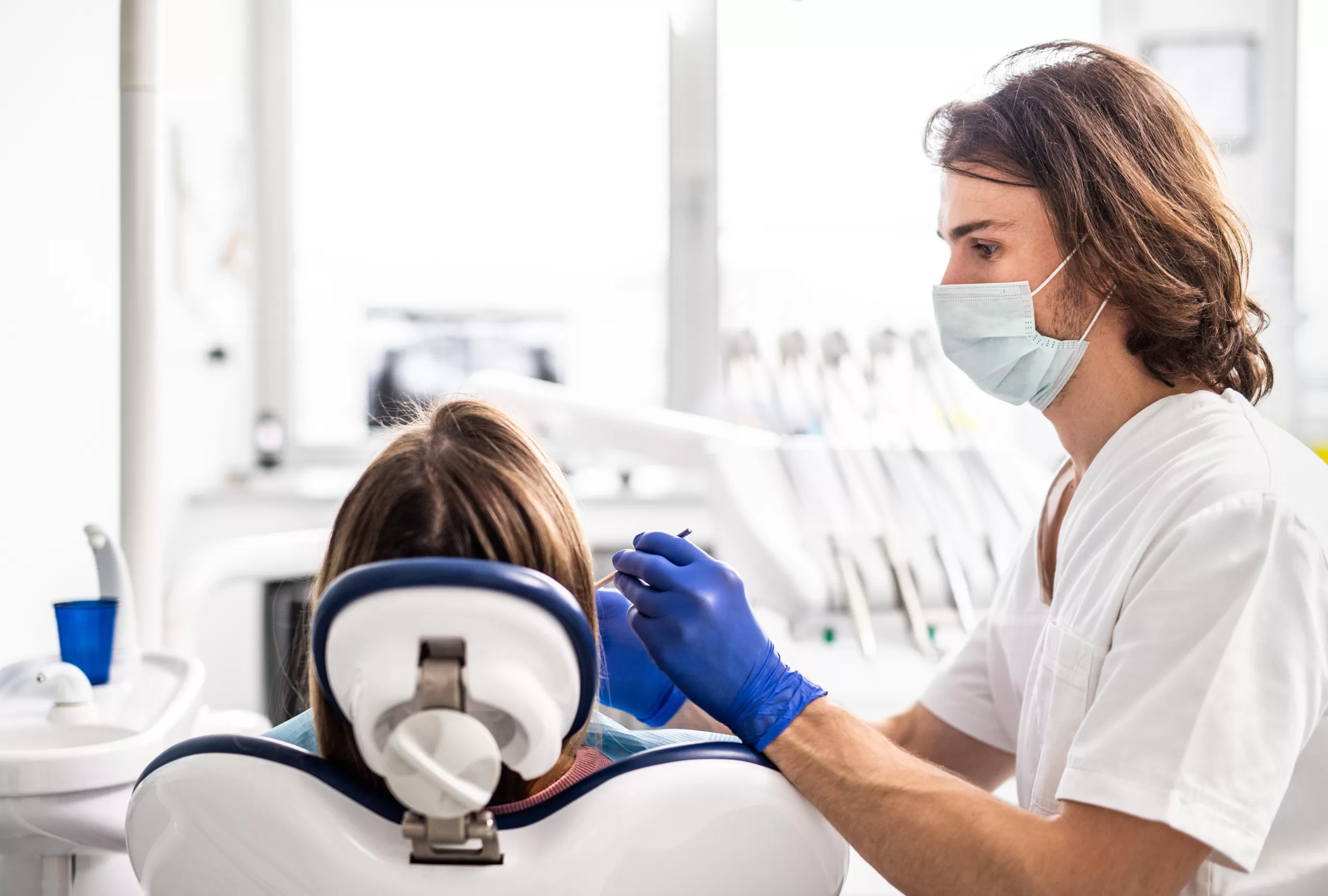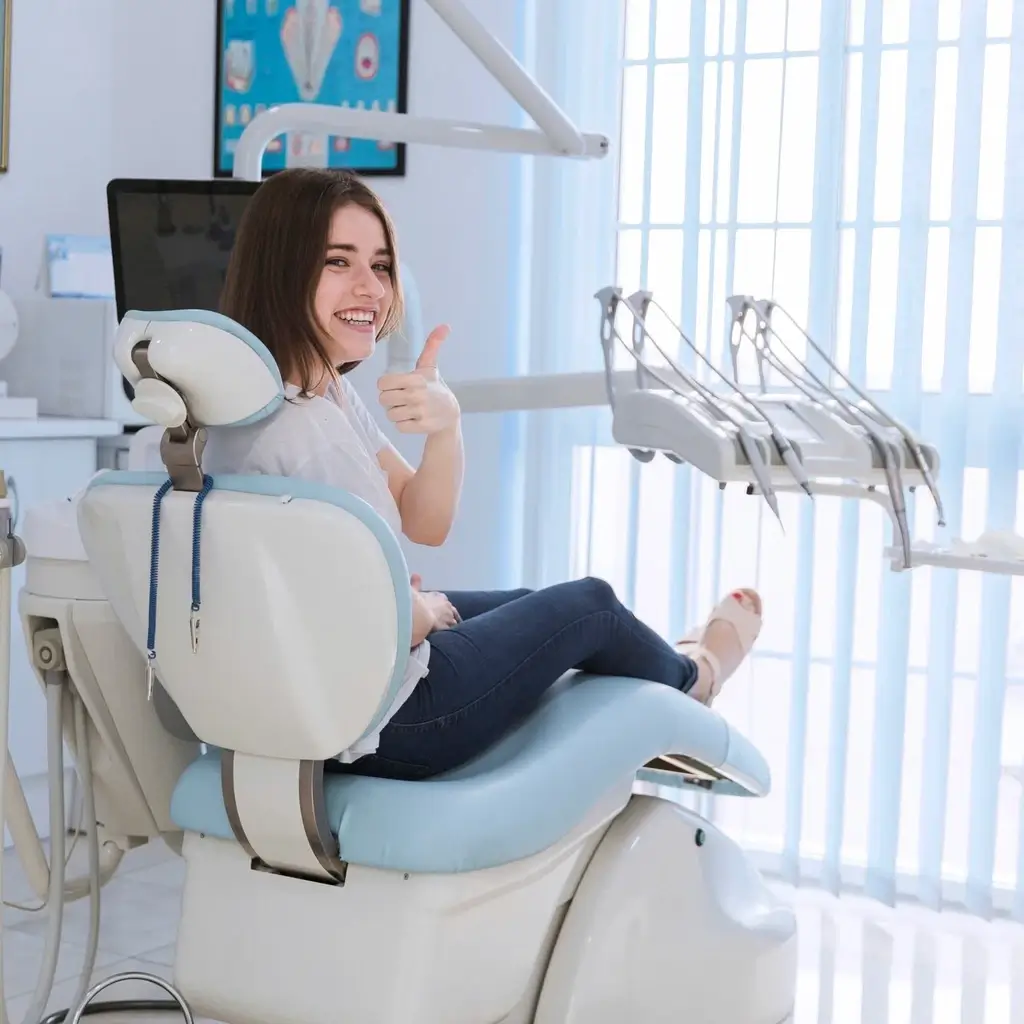It is less likely for you to be alarmed or panic after seeing a minor cavity or sensing slight pain in your teeth. Most of us are familiar with these kinds of dental emergencies after witnessing them happening to people around us and are prepared to handle them. It is the unfamiliar dental emergencies that make us sweat. Knowing how to identify uncommon dental emergencies and manage these rare situations is really important for our oral health. At Ridge Oral Surgery, we are equipped to handle all kinds of dental emergencies, no matter how severe and uncommon they may seem.
What Qualifies as Dental Emergencies?
Definition of Dental Emergencies
A dental emergency involves pain, infection, bleeding, or damage to the teeth and surrounding structures that require immediate attention and cannot wait for a routine check-up. These problems can strike unexpectedly and can hurt your overall health. If we do not treat the injuries, it could lead to further complications, like infections and permanent damage. That is why making early interventions and seeking medical help is essential.
Common vs. Uncommon Emergencies
Uncommon dental emergencies tend to involve serious injuries, dental trauma, infections, or mechanical failures of dental appliances, which necessitate specialized treatment and prompt action. Knowing the difference might help you decide when to seek emergency expert care and what to look out for.
Uncommon Dental Emergencies
- Luxation or Avulsion of Multiple Teeth
Trauma from falls, sports injuries, or motor accidents can cause severe displacement (Luxation) or complete dislodgement (Avulsion) of multiple teeth. The situation is especially concerning because there is a possibility of permanent tooth loss or damage and heavy bleeding if not treated quickly. Furthermore, such injuries might harm surrounding soft tissues, resulting in complications such as swelling, infections, or gum trauma.
Immediate steps:
- Gently remove the teeth by their crown (top part), and be careful not to touch the root.
- If the tooth is dirty, rinse them gently with water, but avoid scrubbing them.
- Place the teeth in milk or saline to keep them hydrated and viable.
- Immediately seek professional help; time is crucial when reimplanting teeth.
- Jaw Fractures or Dislocations
Jaw fractures and dislocations are one of the most serious dental emergencies. They often happen because of severe blunt trauma to the face, like a blow to the face during an accident or physical altercation. Some of the symptoms are severe pain, swelling, bruising, difficulty speaking or chewing, and a noticeable jaw misalignment.
Immediate steps:
- To prevent further damage, immobilize the jaw with a bandage or scarf draped over the head.
- Apply a cold compress to reduce swelling and soreness.
- Do not consume foods and liquids that can aggravate the injury.
- Immediately seek an oral surgeon to fix the fracture and avoid consequences like infection or improper healing.
- Oral Infections and Abscesses
Oral infections are rare but can swiftly become life-threatening if left untreated. Ludwig’s Angina is a type of bacterial infection that affects the floor of your mouth and neck. It is non-contagious and often begins from a tooth infection. The infection spreads rapidly and can clog your airways and cause difficulty in breathing. Symptoms include severe pain, swelling beneath the jaw or tongue, trouble swallowing, fever, and general malaise.
Immediate steps:
- To reduce bacteria, rinse your mouth gently with warm salt water.
- Heat should not be applied externally since this could make the infection worse.
- Go to an emergency care facility immediately to get antibiotics and drainage if necessary.
- Broken Dental Appliances
Broken braces, retainers, or dentures may not appear like an emergency at first, but they can cause substantial discomfort or even injury. The sharp fragments of the broken appliances can injure the insides of your cheeks, tongue, or gums, and a faulty appliance can cause difficulty in eating or speaking.
Immediate steps:
- Carefully remove the sharp or loose parts to avoid any injury.
- Place the broken appliance in a secure container for repairing purposes.
- Do not use adhesives such as glue to repair the appliance temporarily, as they can be harmful or damage the material.
- Schedule an appointment with your dentist to get the appliance repaired or replaced as soon as possible.
Here is an article that gives more information about Dental emergencies.
Immediate Steps to Take During Uncommon Dental Emergencies
- Stay Calm and Assess the Situation
No matter what kind of emergency you have to deal with, staying calm is the best method to tackle the situation. Panicking can only worsen the situation and delay the appropriate care. Take a step back and assess the severity of the problem. Check for severe bleeding, pain, or visible damage to your teeth or dental appliances. If there is, proceed with utmost care and immediately seek professional help.
- First-Aid Tips
- Manage Bleeding: Apply mild pressure to the affected region with a clean gauze pad or towel. If the bleeding does not stop within 15 minutes, seek immediate treatment.
- Preserve Dislodged Teeth: carefully handle the knocked-out teeth and preserve them in milk or saline until reimplanted.
- Alleviate Pain: Ibuprofen and other over-the-counter pain medicines can help you feel better. Avoid aspirin since it can cause bleeding.
- Cold Compresses: Applying a cold compress can help reduce swelling and alleviate discomfort or inflammation.
Learn more about first-aid tips for Dental emergencies.
Why Choosing a Specialized Oral Surgeon Matters
- Expertise in Complex Cases
Oral surgeons are those with extensive knowledge and experience in diagnosing and treating severe and uncommon dental emergencies. Unlike regular dentists, they can undertake surgical procedures and manage complex cases involving trauma, infections, and jaw injuries. At Ridge Oral Surgery, our team’s experience guarantees that patients receive the best and most effective care suited to their needs.
- Comprehensive Care and Follow-up
Specialized care does not end with the initial treatment. At Ridge Oral Surgery, we prioritize long-term rehabilitation by providing personalized treatment programs, regular follow-ups, and tips and recommendations to help patients maintain optimal dental health. From advanced imaging technologies to a compassionate team approach, we aspire to make every patient’s journey as comfortable and efficient as possible.
Want to know more about Ridge Oral Surgery’s services? Dive in.
When To Call Ridge Oral Surgery
If you are experiencing any of the following symptoms, please contact Ridge Oral Surgery immediately:
- Severe or chronic pain that does not respond to over-the-counter medications.
- Heavy or uncontrollable bleeding.
- Dislodged or shattered teeth.
- Symptoms of infection include fever, swelling, and difficulty in breathing.
Please call us at (908) 895-6455 or visit our emergency care website for immediate assistance.
Conclusion
If you are mindful of your oral health and hygiene, you can avoid common dental emergencies to an extent. However, some accidents and injuries are beyond our hands, especially something like jaw injuries. In such cases being aware and prepared about how to handle uncommon dental emergencies can help you a lot. With the right knowledge and access to expert care, you can navigate this situation and return back to full health. And in Morristown, what better choice than Ridge Oral Surgery? We are here to provide you with the best treatment and specialized care whenever you need it.If you’re facing a dental emergency, don’t wait—contact Ridge Oral Surgery today for immediate assistance!





